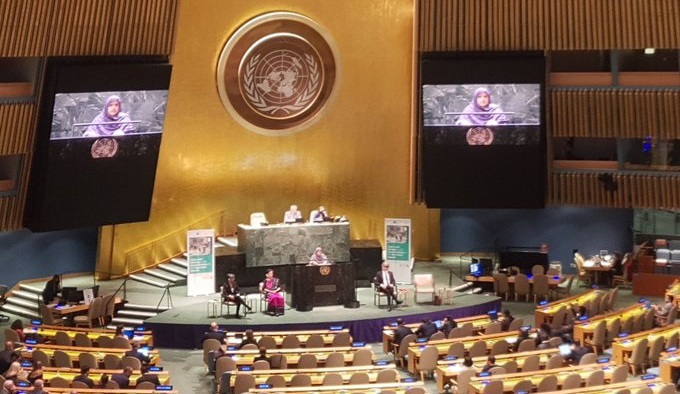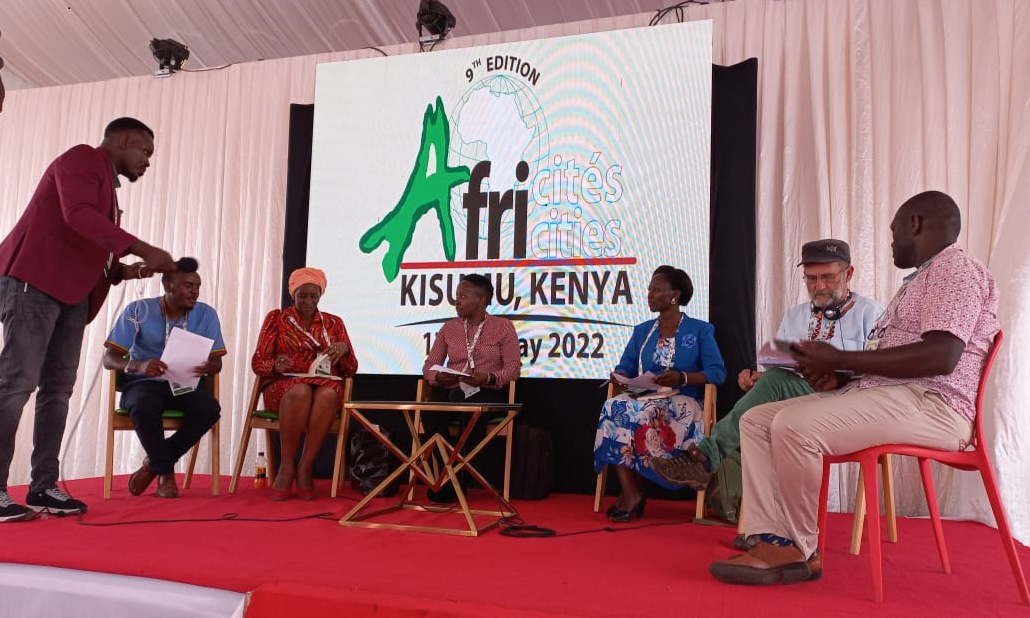NSDS and PRPs should be used as national instruments to implement, coordinate and monitor sustainable urbanization. They must be based on strong participatory processes involving also the local levels.
Sustainable urbanization depends on pro-poor settlements strategies, which strengthen social local economy.
A target driven enabling frame which provides necessary infrastructure, which accumulates social and cultural capital even speeds up community-based and individual undertakings. Guided by such an enabling frame private sectors should find their specific role without contradictions to common interests.
In most cases public transparent and accountable territorial service providers are the best choose in order to achieve sustainable development. Private investments should support the territorial approach, not weaken it. Aid, subsidy and loan regulations which prioritize private corporations’ investments in local infrastructures should be revised.
Local authorities should be addressed as public duty holders within the organization of state, playing sovereign roles in planning and infrastructure. Action must strengthen their financial and organizational capacities to improve human settlement management in an accountable, transparent and participatory way. Even partnerships of stakeholders should strengthen public and social capacities. Sustainable local development can only be successful if the balance between the three main stakeholders – state/local authorities, private sector, communities and civil society – is well designed and guaranteed.
By shifting from spatial functionalism to functional mixture, from the „city of cars“ to the “city per pedes” and by development of effective public transport motorized individual traffic can be reduced. In the urbanizing world, bringing services to the people in spite of forcing the people to travel to the services would lead to benefits for social inclusion, health and reduction of energy consumption.
Much more attention must be raised on the challenges and chances of peri-urban areas, including the role of regional and urban agriculture.
Taking existing instruments (LA 21, Aalborg Charta) and regional experiences as a basis UN bodies should review needs for the development, improvement or better coordination of minimum guidelines for all elements of participative management of urbanization. An internationally coordinated, cross-institutional and participative process should be launched in order to learn from experiences, rise global awareness, speed up co-operation, clarify obstacles and improve the dissemination of strategies.
Within development aid human settlements require more attention. Strengthening of local public and social capacities and infrastructures should be the central approach of development aid. Debt relief should free up financial resources for human settlements improvement including water and sanitation. ODA should not be used as direct subvention for private corporations but help to build public capacities.
Modes of financing must shift from prioritizing short-term projects with a focus on private investments to a priority on mid-term investments in public/social capacity building and transfer of technology for infrastructural improvements.
Source:Habitat Working Group – German NGO Forum Environment & Development
Contact: Knut Unger, Habitat Netz e.V.


